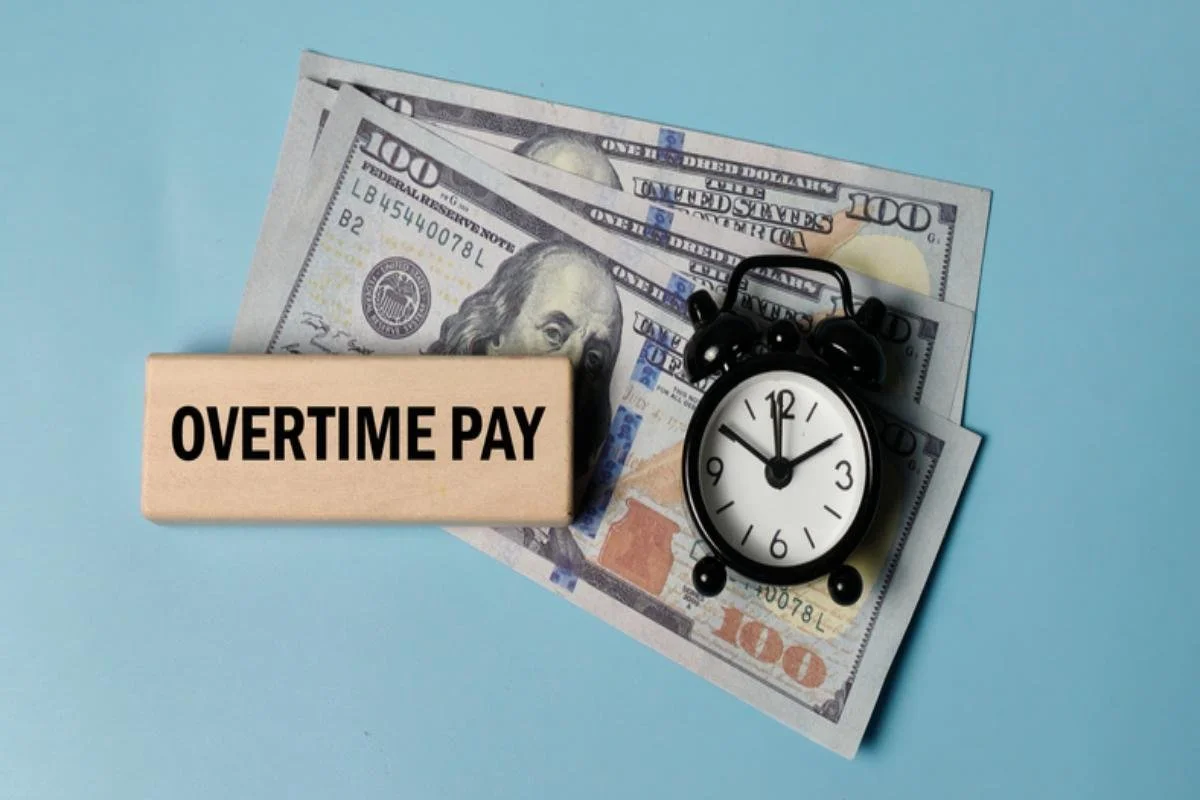Golden State Phone and Wireless Faces Wage Allegations and Class Action
/Israel Padron, a San Luis Obispo local, recently filed a class-action wage and hour suit against Golden State Phone and Wireless, his former employer. He alleges that he was not provided with appropriate overtime compensation. The complaint was filed July 20, 2016 on behalf of other employees in similar situations in the U.S. District Court for the Northern District of California. Israel Padron claims that Golden State Phone & Wireless’s practices were in violation of the Fair Labor Standards Act (FLSA).
The plaintiff’s complaint included allegations that he worked over 40 hours per workweek between October 2012 and September 2015 and did not receive overtime pay as deemed appropriate by law. He claims that the company miscalculated the overtime rate of pay as they failed to include the value assigned for bonuses and/or commissions applicable to his position with the company.
Employers that either require or allow employees to work overtime are required to provide pay as dictated by the Fair Labor Standards Act (FLSA). Employees covered by the FLSA must receive overtime pay anytime they work in excess of 40 hours in one workweek. The overtime pay is required to be at least one and one-half times the employee’s regular rate of pay. The FLSA (with some specific exceptions) requires employers to include bonus payments as a part of the employee’s regular rate of pay when they are calculating their overtime pay in accordance with minimum rates of overtime pay set down by FLSA.
Padron requests that he receive a trial by jury in order to resolve the lawsuit and seeks compensatory, consequential, general and special damages, liquidated damages, restitution, interest on due and/or unpaid wages, legal fees, and other relief that the court may deem justified.
If you have questions about overtime pay or if you have been denied overtime pay by your employer, please contact one of the experienced southern California employment law attorneys at Blumenthal, Nordrehaug & Bhowmik.










